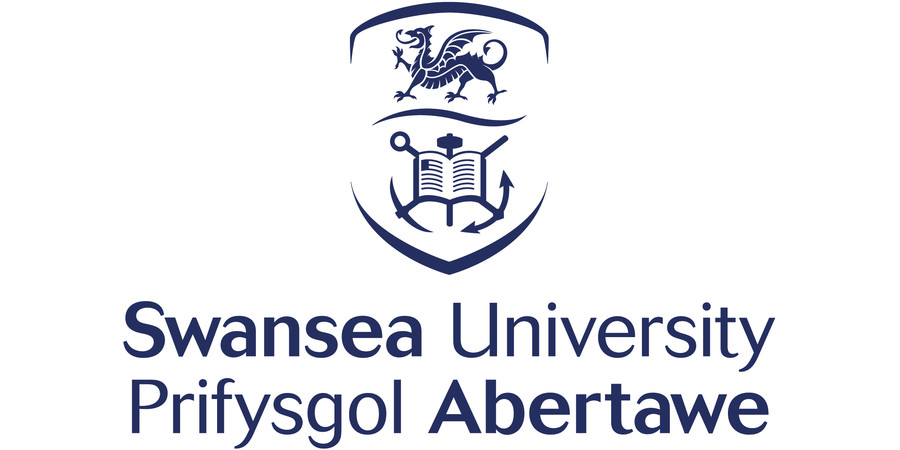Digital Economy and Society: Fully Funded ESRC Wales Graduate School for the Social Sciences (WGSSS) PhD Studentship in the Digital Economy and Society Pathway
Swansea University - Computer Science
| Qualification Type: | PhD |
|---|---|
| Location: | Swansea |
| Funding for: | UK Students, EU Students, International Students |
| Funding amount: | £19,237 for 2024/25 |
| Hours: | Full Time |
| Placed On: | 30th October 2024 |
|---|---|
| Closes: | 11th December 2024 |
This pathway is looking for a student that is interested in pursuing interdisciplinary projects incorporating elements of computational science methodologies in the context of social science challenges spanning the remits of the UK Research Institute’s ESRC and EPSRC. The pathway is seeking to develop expertise in researching human behaviour, combining advanced quantitative and digital analytical methods, applied to data generated through digital footprints, with qualitative research on interaction in on-line spaces. Projects should include some strategies ranging from the analysis of social media posts to the passive capture of movements via accelerometer data, and evaluate how current and emerging socio-technical systems respond to and influence situated particulars in human-algorithm interaction. Furthermore, projects that look at how the desire for new ways of expressing economic and social needs can drive developments in digital technology and their applications is similarly in scope. Substantive areas of focus for projects include: problems of health and social care; constrained communities; business and innovation; cyber security; and crime and safety.
The student will benefit from co-supervision by multidisciplinary teams within HEIs and between them. The pathway is supported by departments: Social Sciences (Cardiff); Computer Science; Law (Swansea, with funding from Innovate UK and NIHR); and by centres: Computational Foundry; EPSRC EPIC CDT (Swansea); Social Data Science Lab and Hate Lab (both ESRC data investments); and the Digital Transformation Institute (Cardiff). It continues the successful collaboration between Cardiff and Swansea in DTP2. It is strongly advised to seek advice on your proposal to ensure they fit the remit of the pathway; you can also approach the pathway with early discussion to help shape proposals.
Duration of study: The duration of study is dependent on prior research experience and training needs which will be assessed by completing an Initial Development Needs Analysis (Initial DNA) at the application stage and a Full DNA prior to award if successful.
Duration of study may vary from 3.5-4.5 years, full-time (or part-time equivalent) dependent on your prior research experience.
Research in practice placement: All WGSSS funded students are required to complete a funded Research in Practice placement of 3-months in total (or part-time equivalent). All students will have the opportunity to complete a placement in academia, policy, business or civil society organisations.
Eligibility
To receive ESRC studentship funding, you must have qualifications or experience equal to an honours degree at a first or upper second-class level, or a masters from a UK academic research organisation.
Students with non-traditional academic backgrounds are also welcome to apply.
Funding
The studentship funded by the ESRC covers tuition fees and an annual tax-free living stipend in line with UKRI minimum rates (currently £19,237 for 2024/25).
If you have a disability, you may be entitled to a Disabled Students’ Allowance (DSA) on top of your studentship.
Students also have access to a Research Training Support Grant, worth up to £940 per year.
Advert information
Type / Role:
Subject Area(s):
Location(s):









